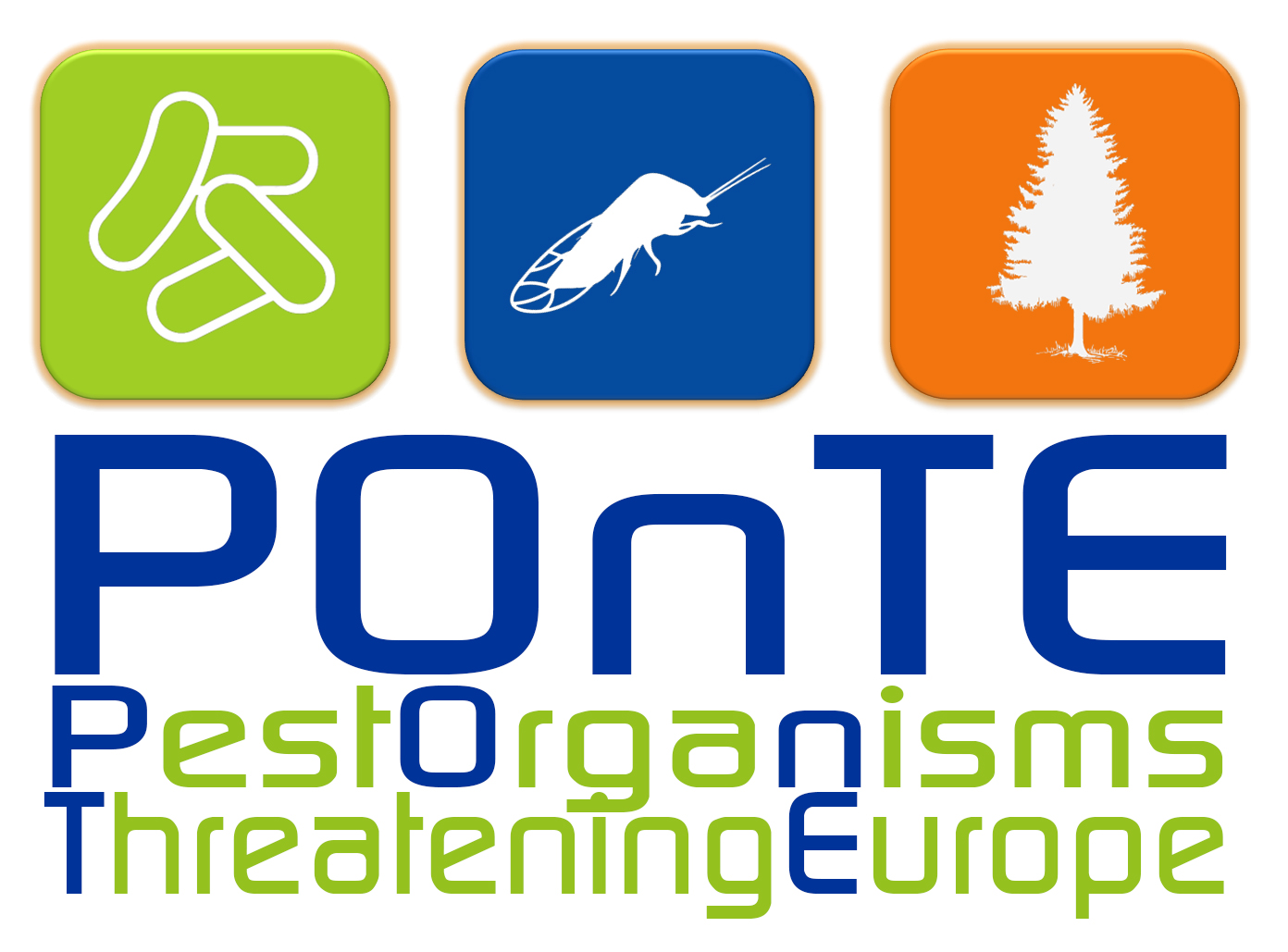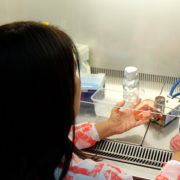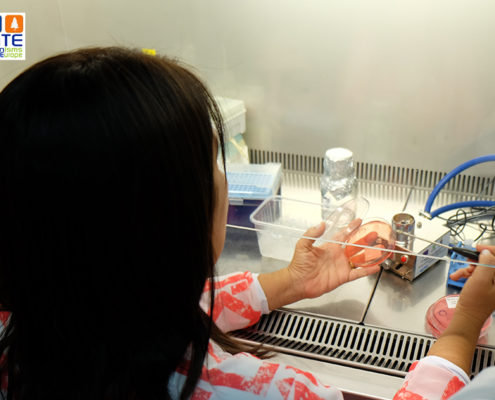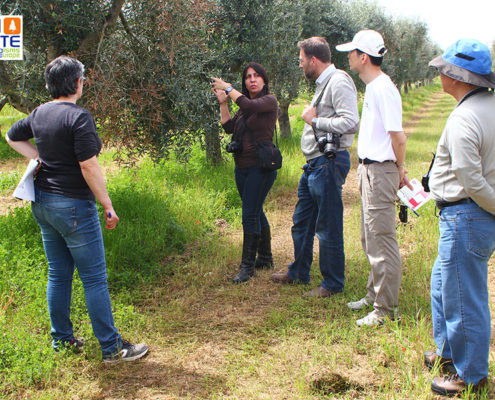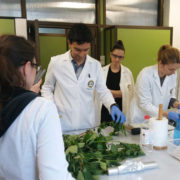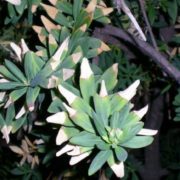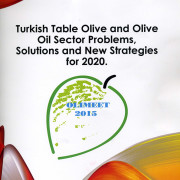Brazilian scientist Alessandra de Souza visits CNR-IPSP lab to support WP7 tasks on Xf control
During the week from 10 to 17 April, Dr. Alessandra de Souza, team leader of the research group investigating molecular interactions between Xylella fastidiosa and citrus hosts, at Centro de Cytricultura “Sylvio Moreira”- Instituto Agronômico (IAC) in Cordeirópolis (Brazil), has been guest at CNR-IPSP laboratories in Bari, as a visiting scientist, in the frame of Regional Project “T.A.P.A.S.S. – Enabling technologies for safe and sustainable agrifood production”, funded by Apulia Region.
Dr. de Souza took the chance to give her skilled contribution for supporting Italian colleagues in the experimental design of some of the activities outlined within the Project Work package 7 (Signalling pathways, molecules and genes contributing to a pest resistence in field), on the bases of her consistent work on Xylella fastidiosa strains causing the severe Citrus Variegated Chlorosis disease on Citrus crops in Brazil.
During her short-term visit, she assisted under her guidance, preliminary lab work targeting the expression of GFP gene in X. fastidiosa CoDiRO strain, and suggested practical guidelines for a successful application of N-Acetylcysteine (NAC) to control Xylella fastidiosa in the field.
In the course of her stay, the Brazilian scientist gave a lecture, entitled “An Update of the use of N-Acetylcysteine to control Citrus Variegated Chlorosis in Brazil: from the lab to the field application“, at the Faculty of Agriculture of Università degli Studi Aldo Moro in Bari, as already reported in a previous post.
